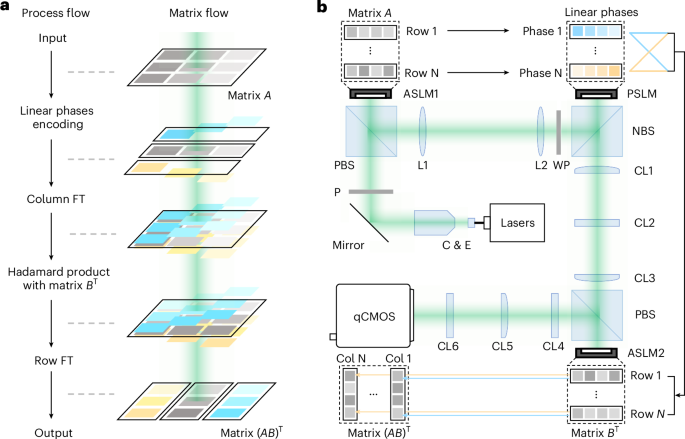Chhaya is a fully peer-to-peer, serverless secure-messaging protocol written in async Rust. The project combines battle-tested cryptography with modern peer-discovery and transport primitives to deliver verifiable confidentiality, integrity, and availability without any central authority.
- Features
- Architecture highlights
- Getting started
- Development philosophy
- Security & privacy model
- Project status
- Additional resources
- Pure peer-to-peer networking powered by libp2p (QUIC transport with Noise handshakes, Kademlia DHT, gossipsub, autonat, relay v2, and mDNS) – there are no central servers or trusted relays.
- End-to-end cryptography with AES-256-GCM for symmetric confidentiality, ML-KEM-1024 and X25519 for key exchange, Double Ratchet for forward secrecy, and deterministic HKDF-n12 nonce derivation.
- Verifiable key transparency via VKD/CONIKS-style proofs, cross-checked with BLS quorum co-signatures to prevent equivocation.
- Hardened secret management: secrets are zeroized on drop, constant-time comparisons avoid timing channels, and sealed-sender envelopes hide metadata.
- Modular design aligned with security boundaries: the core modules live in p2p, vkd, logstore, integrations, directory, quorum, and safety so functionality stays composable and testable.
Chhaya is split into a handful of focused crates/modules to make auditing and testing straightforward:
- p2p: swarm orchestration, DHT management, gossip propagation, and transport negotiation.
- vkd: producers, fetchers, and caches for verifiable key-directory data; all directory responses are treated as untrusted until verify_vkd_proof succeeds.
- logstore: append-only storage for ratchets, signatures, and delivery receipts.
- integrations: adapters such as the handshake_resolver for bridging network identities to VKD commitments.
- directory: helpers for processing transparency proofs and handling cover-traffic envelopes.
- quorum: BLS-based signature aggregation and threshold validation.
- safety: shared invariants, zeroization helpers, and constant-time comparison utilities.
See docs/ for deeper architectural notes, design rationales, and threat-model discussions as they evolve.
- Rust 1.74+ with the 2021 edition toolchain installed via rustup
- cargo and rustfmt (installed automatically with the toolchain)
- Recommended: cargo-nextest for faster test iterations and cargo-fuzz
Chhaya forbids unsafe code by default and builds with RUSTFLAGS="-D warnings", so treating compiler diagnostics as non-negotiable keeps the binary reproducible and reviewable.
Run the full suite before opening a pull request or landing changes:
The repository ships with cargo-fuzz targets under fuzz/. Execute any touched fuzz targets locally to guard against parser or protocol regressions:
When Cargo.lock changes, verify the dependency graph:
- Preserve end-to-end security guarantees—do not weaken cryptographic flows or nonce derivations.
- All network or directory inputs are adversarial until proven otherwise: prefer explicit validation over unwrap or expect and return anyhow::Result or typed errors.
- Keep public APIs minimal, documented, and async-friendly (tokio). Avoid global mutable state.
- Log only high-level state transitions at info! and potential verification issues at warn!; never log secrets.
Chhaya assumes that transport layers, directories, and peers may be malicious. Critical protections include:
- Verifying VKD proofs (log signatures, witness thresholds, inclusion, optional consistency, and VRFs) before accepting directory data.
- Sealed-sender envelopes and cover traffic to hide sender identity and metadata on the wire.
- Deterministic nonce derivation with HKDF-n12 paired with AES-256-GCM to prevent reuse and nonce-malleability.
- Zeroization and constant-time primitives to limit side channels and key retention.
If you discover a vulnerability, please contact the maintainers privately before filing an issue.
Chhaya is under active development; expect APIs, protocols, and tooling to evolve. Contributions that align with the security-first, decentralized vision are welcome. Open issues tagged good-first-issue or help-wanted are great entry points for new contributors.
- docs/wire-spec.md for a deeper breakdown of subsystems and flows
- docs/threat-model.md for attacker assumptions and mitigations
- LICENSE for licensing information
Chhaya is distributed under the terms of the GNU Affero General Public License v3.0.
.png)




